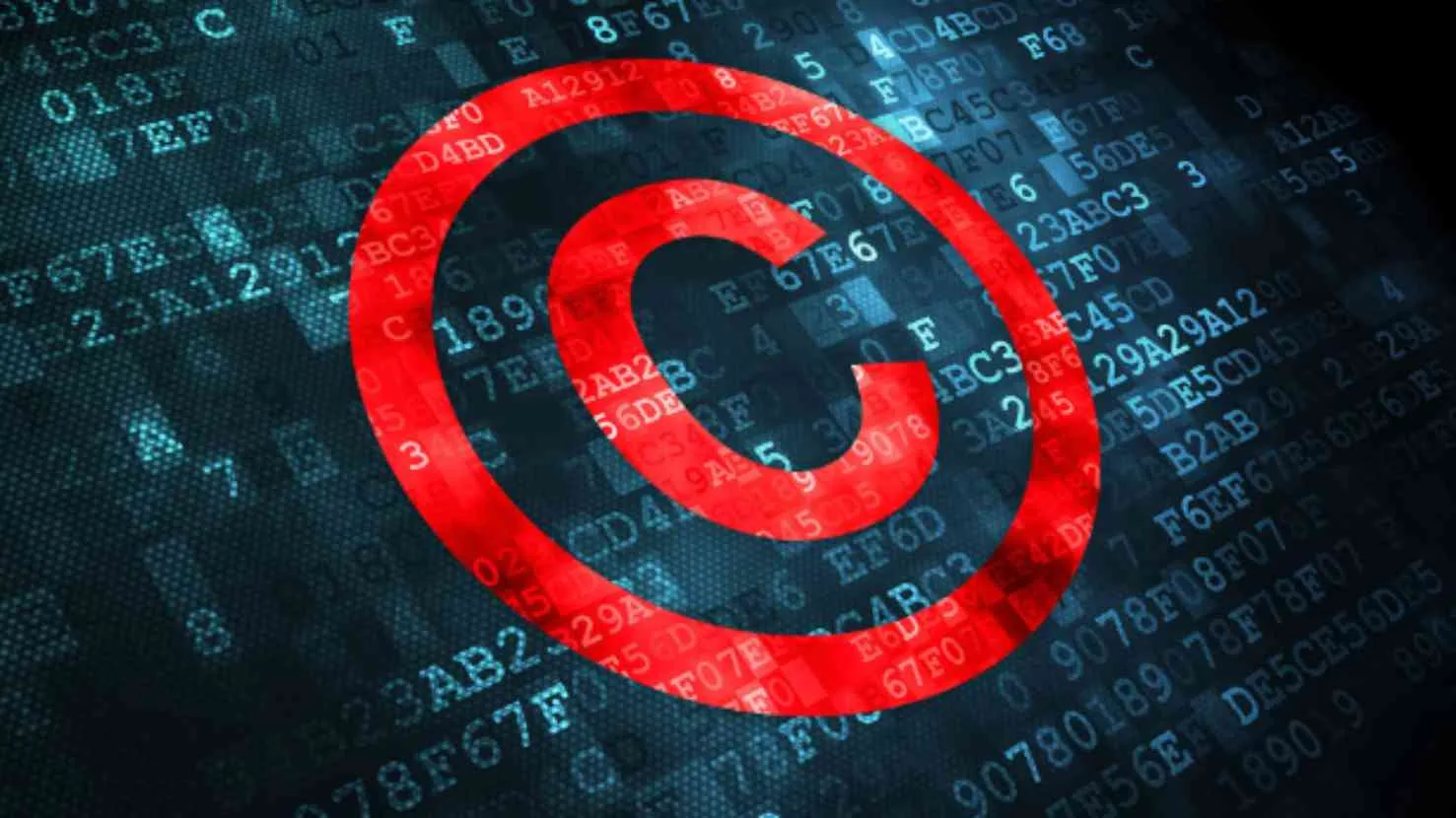Illegal RSS feed scrapers have become a growing problem in the internet space with many still questioning if RSS scraping is illegal.
These automated software tools collect and reproduce content from websites without permission. They are commonly called “scraping bots” and copy the entire content of websites. The problem with this practice is that it crosses the line into plagiarism.
RSS scrapers typically use a “fair use” argument to justify their actions. However, most copyright lawyers would not agree to this argument. The purpose of fair use is to give the reader permission to use the content, and fair use is not a license to copy or republish another’s work.
What is RSS?
RSS, which stands for Rich Site Summary (or Real Simple Syndication), is a Web feed format that’s used to distribute and publish content online.
RSS feeds have been around since 1997, and they are a wonderful way for internet users to track their favourite online content. RSS feeds provide a real-time stream of information, aggregating published content from preferred news websites and news sources. Even better, RSS feeds are live, which means everything is immediately visible as soon as it is published.
What is an RSS scraper?
RSS scrapers grab content from any website and use it for their own search engine gains. This type of spam is among the most detested in the Internet.
Illegal RSS feed scrapers can be a real problem for webmasters and bloggers so it is essential to ensure that your content is protected. Scrapers are constantly looking for ways to circumvent the law and make their products more profitable.
If you suspect that you’re being a victim of an RSS feed scraper, you can take legal action against the scrapper. Depending on the country where the scrapper lives, there are legal remedies for site owners.
RSS scraping is considerd content theft
Attorney for Business Owners Arron Hall told Tech Business News when blog owners first made their blog posts available by RSS feed, many people incorrectly thought the blog owner was authorizing copies as long as there was a link back to the original author.
“Perhaps confusion came from the fact that “syndication” is part of the RSS acronym. There is a perception that website owners who offer an RSS feed have authorized syndication and republication of their content. But having the ability to copy is not the same as having permission to copy.”
“From a U.S. copyright law perspective, you must get permission to avoid copyright infringement. and the only way to avoid copyright infringement is to have the owner’s consent to make a copy..”
“Under the law, each copy must be authorized to avoid copyright infringement.” said Hall
RSS feed scrapers remain a big problem for legitimate publishers and while a making a DMCA removals request can see the content removed from search engines often by the time it’s removed much of the damage has already been done.
It is worth noting that DMCA requests will only see copyright content removed from search engines and the likes of Youtube, However, you will need to contact an offenders hosting provider or seek legal advise for the removal of content from its hosted location.







